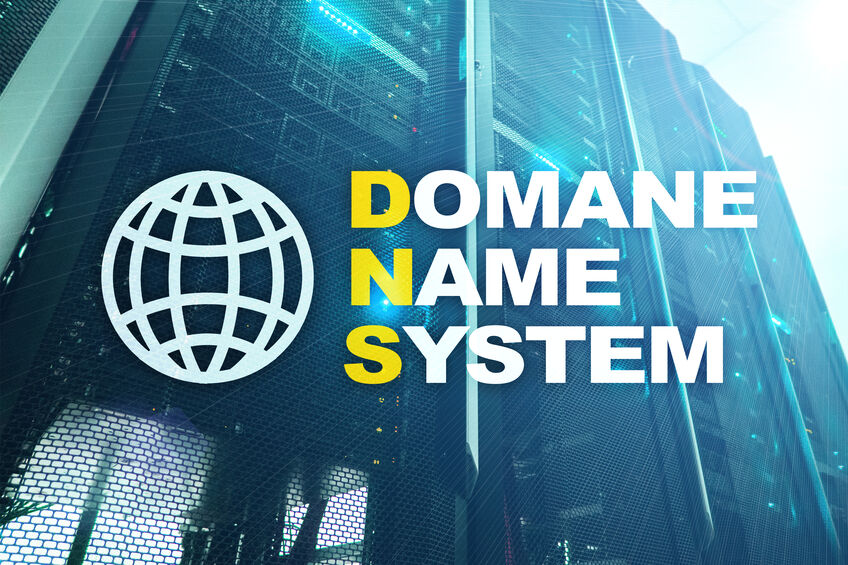First congrats. If you are googling GeoDNS, you are just one step away from giving excellent service to your clients. Let’s explore in detail what GeoDNS is and what its advantages are.
What does GeoDNS mean?
GeoDNS service is a premium DNS service that includes GeoDNS servers. These servers can check the DNS query of the clients. See their IP address, and based on the IP tables they use, they can redirect the clients to the closest web servers near them. The GeoDNS servers can do it by having multiple A or AAAA records and providing the right one that best suits the client’s query.
How do GeoDNS know where the client is?
If a client (device) needs to interact with other devices, it must use a standard Internet protocol like TCP/IP and have an IP address. Each IP address can be traced back to the device.
There are companies that create routing tables with the IP addresses of clients and offer them for free or for a fee to companies.
DNS companies can buy such a list of IP addresses and use it for their servers, equipping them with GeoDNS service.
Advantages of GeoDNS
- Faster DNS resolving. There are incredible speed benefits when talking about clients from all over the globe. Their queries will be answered faster, and they will reach the domain name in no time.
- Load balancing. Having multiple DNS servers can reduce the stress on your DNS network. Each DNS server will have fewer queries to handle, and the traffic will be distributed between the multiple GeoDNS servers.
- DNS resilience. The fact that you have multiple DNS servers means that if one is down, there are still others to answer DNS queries. Yes, the traffic might get redirected a bit further away, but your clients will still get a service.
- Different targeting options. You can create routing rules based on different targeting options like region, country, or continent. Depending on your provider, you can get really precise.
- Specific content depending on the client’s location. You can use the targeting rules and provide exclusive content for each target. That way, for example, people in Germany can have access to exclusive content that clients from other locations can’t visit.
- Scalability. Depending on which DNS provider you choose, you can scale up or down your service. Set up new GeoDNS servers when you expand to new markets or remove them when your plans have changed.
- Easy to use. GeoDNS is quite easy to use. The true difference between a GeoDNS server and a typical DNS server is the ability to read the IP addresses of the clients’ queries. So, it is almost identical to the setup.
- *Affordable. This point depends a lot on the DNS provider. Some have good prices, but others might be really expensive. Read the conditions carefully.
Conclusion
Adding GeoDNS will allow faster DNS resolution for your clients if they live all around the globe. That translate into better service for them and improved overall experience.


